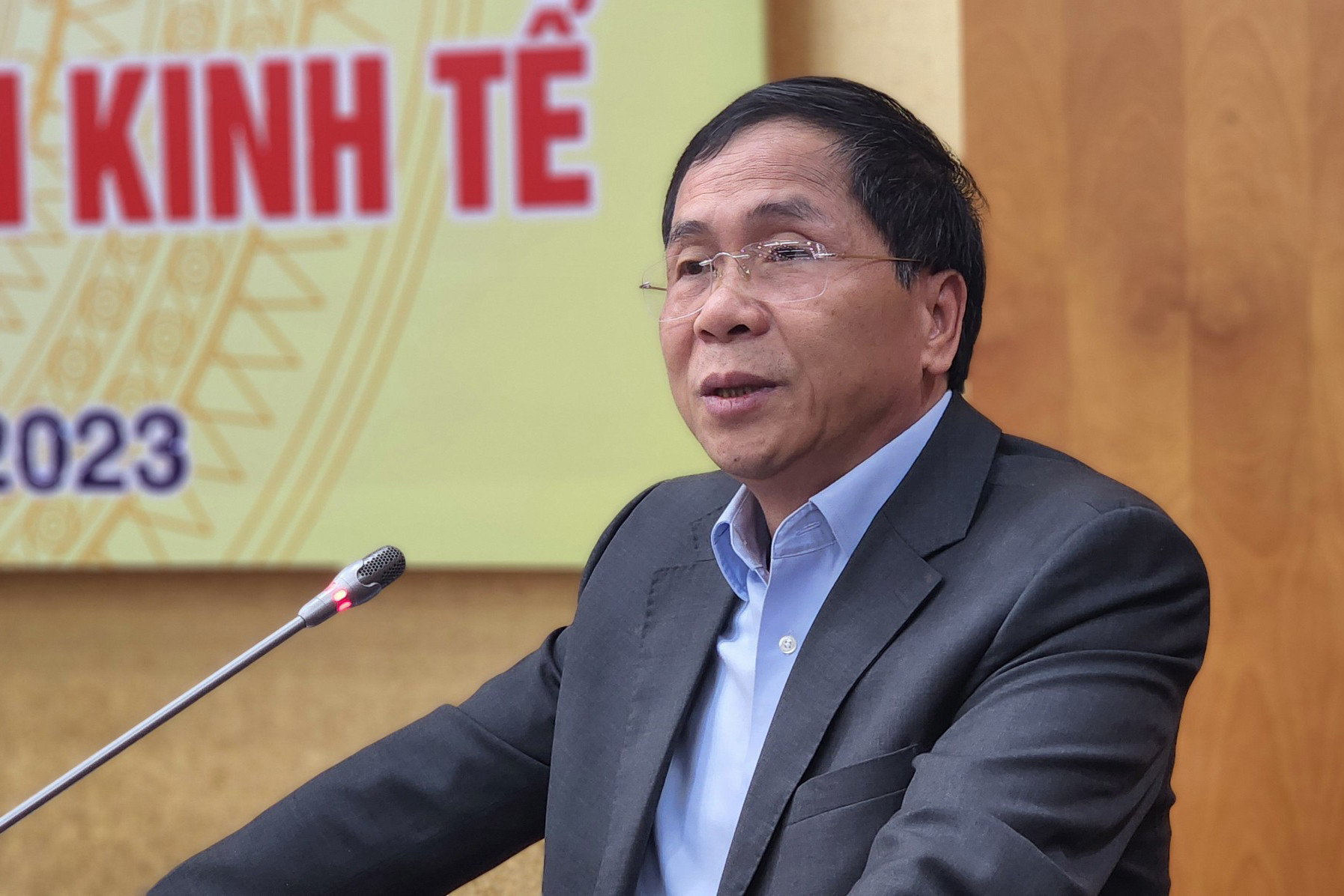
On February 16, 2023, the Steering Committee for Compiling and Publishing the History of the Government of Vietnam 1945-2015 (MHA) held a scientific conference "Lessons from the Government's experience in socio-economic development and management".
Deputy Minister of Interior Affairs Trieu Van Cuong said the compilation of the history of the Vietnamese Government in 1945-2015 has an important significance which comprehensively and accurately describes the process of establishment and development in terms of organization and activities of the Vietnam’s Revolutionary Government throughout different periods.
The materials, lessons and experiences can serve the improvement of quality and efficiency of the Government’s state management, thus contributing to building and perfecting the State, as well as renovating the political system in the current period.
Cuong emphasized that the Government’s role and position in the economic management and development in every period affirm the leading role in designing policies so as to regulate the economy effectively and create a leveling playing field for enterprises and individuals.
“Vietnam’s success in rapidly turning into a high income country will depend on the effective facilitation of favorable conditions for socio-economic development,” he stressed.
Do the right thing
Former Deputy Minister of Home Affairs Thang Van Phuc, said in 1986, Vietnam began its doi moi (renovation), step by step shifting to a market economy. However, at that time, it "walked stealthily". Only in 2011 did the Constitution mention the concept of market economy, and this was affirmed mostly clearly in the 2013 Constitution.
“We need to assess the values of the periods to draw lessons. These are a strong will, or defining policies, and choosing development models,” he said.
However, Phuc said that though it was aware of the necessity for renovation very early, Vietnam was slow in taking action. That is why the country’s GDP per capita is only roughly $4,000 per annum, just one-tenth of that of middle developed countries. So, the biggest lesson is finding suitable development models in the new development period.
Phuc mentioned decentralization as indispensable. However, he thinks that this has gone slowly. In 2004, MHA gave advice on decentralization in seven major fields.
Localities need decentralization that is powerful and suitable enough to take action.
“Do the right thing. This is the strong idea of the overall administrative reform program in stage 1 – being determined in separating state management from enterprises’ production and business activities; not turning ministries into ministries of enterprises,” he said.
“Also, splitting state management from non-business public activities, and not turning ministries into ministries of universities, hospitals and non-business public units,” he added.
According to Phuc, this principle was mentioned by MHA in 2001, but it still cannot be done.
The government and the state should do the things they must do, while the other things will be determined by the market and enterprises.
He said that MHA once said Vietnam could spend VND100 billion on programming what the central government needs to do and provincial authorities need to do.
Reasonable institutions to boost economic development
Dinh Duy Hoa, former director of the MHA’s Administrative Reform Department, pointed out five lessons:
First, the economy runs in accordance with objective economic law and the government’s economic regulation need to observe the law.
Second, there must be a suitable economic institutional system to facilitate economic development.
Third, there is a synchronized institutional system, associated with administrative, cultural and social regulations.
Fourth, the state needs to develop different economic sectors, especially the private one, considering it the important driving force for development.
Fifth, the Prime Minister plays an important role in programming institutions and development strategies.
Thu Hang